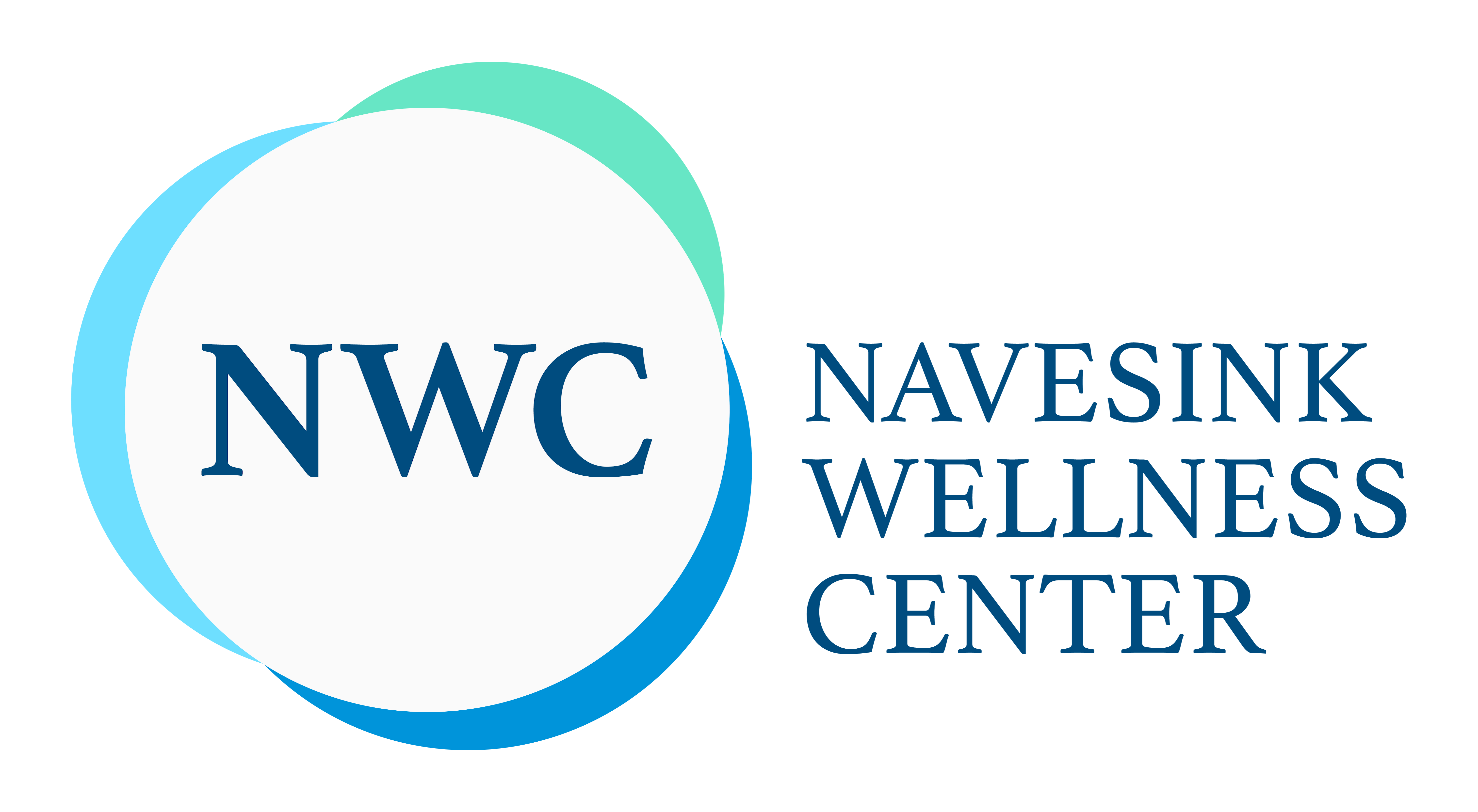Psychoeducational Testing
Unlocking Potential Through Understanding
At Navesink Wellness Center, we believe that a deeper understanding of the mind is the first step toward achieving full potential. Our Psychoeducational Testing services are designed to uncover the unique cognitive and emotional aspects of each individual, paving the way for tailored strategies that foster success and wellbeing.
Our testing process is more than a diagnostic tool; it’s a window into understanding how each person processes information, handles emotions, and interacts with their environment. We recognize that each mind is unique, and with this individualized insight, we can empower individuals, parents, and educators with the knowledge and tools necessary for effective support and growth. Our goal at Navesink Wellness Center is to transform these insights into actionable plans, creating a nurturing path for every individual to thrive in their educational journey and beyond. In doing so, we aim to build a foundation of resilience, confidence, and enduring success that benefits not just the individual, but also their community at large.

What Is Psychoeducational Testing?
Psychoeducational testing is a comprehensive evaluation process used to gain insight into a person’s cognitive, academic, and emotional functioning. This type of assessment is often used to identify specific learning disabilities, attention deficit hyperactivity disorder (ADHD), emotional disturbances, and other factors that may impact an individual’s educational performance and overall wellbeing.
The key components and purposes of psychoeducational testing include:
Cognitive Assessment: This typically involves measuring general intellectual abilities, including problem-solving skills, memory, processing speed, and verbal and nonverbal abilities.
Academic Achievement Testing: This part of the evaluation assesses skills in areas like reading (decoding and comprehension), mathematics, written expression, and sometimes other school subjects to determine an individual’s academic strengths and weaknesses.
Information Processing Assessment: These tests evaluate how an individual processes information, including auditory and visual processing, processing speed, attention, and executive functioning skills like planning and organization.
Social-Emotional Evaluation: This aspect may involve assessing an individual’s emotional and social functioning, which can include screening for anxiety, depression, or other emotional challenges that might affect learning or behavior in school.
Behavioral Assessment: Observations and scales may be used to understand behavioral issues that could impact educational performance, such as inattention, hyperactivity, or oppositional behaviors.
When Is It Appropriate To Get Evaluated?
In some instances, a child’s educator, healthcare provider, or a psychologist may suggest a psychoeducational evaluation due to their personal observations or findings from standardized assessments. However, parents are not required to wait for a recommendation from a professional to pursue an evaluation for their child. Many parents take the initiative to seek testing on their own, aiming to identify potential developmental issues and to proactively consider treatment options for their child.
Certain behaviors and attitudes might indicate the need for such an evaluation:
- Diminished interest in academic activities.
- Self-esteem issues or feeling inferior to peers.
- Regular complaints about the difficulty or amount of homework.
- Noticeable trouble in understanding new concepts or skills.
- A heavy reliance on extensive parental assistance for homework and effective studying.
- A gap between the child’s apparent potential and their actual academic performance.
- Procrastination and inadequate planning skills hindering success.
- Observations of the child having difficulty maintaining focus in school and/or at home.
- Resistance or refusal to attend school.
- A marked inconsistency in academic performance, such as excelling in English but struggling in Math.

Outcomes of Psychoeducational Testing
The results of psychoeducational testing can provide a range of valuable outcomes:
Identification of Learning Disabilities: Testing can reveal specific learning disabilities and provide a clear understanding of how these disabilities affect academic performance and daily functioning.
Cognitive Profile: Provides a detailed cognitive profile that highlights strengths and weaknesses in areas such as memory, attention, and problem-solving. This profile helps in developing targeted strategies for support and intervention.
Academic Strengths and Weaknesses: Identifies areas of academic strength and difficulty, guiding educators and parents in tailoring instructional methods and support to meet the individual’s needs.
Emotional and Behavioral Insights: Offers insights into emotional and behavioral factors that may impact learning, such as anxiety, depression, or ADHD. This information is crucial for addressing underlying issues that affect academic and personal success.
Recommendations for Interventions: Based on the assessment results, specific recommendations are provided for educational strategies, behavioral interventions, and psychological support. These recommendations are designed to support the individual’s unique needs and help them achieve their full potential.
Educational Planning: Assists in making informed decisions about educational placements, accommodations, and services. This ensures that the individual receives the appropriate support to succeed academically and personally.
At Navesink Wellness Center, our psychoeducational testing services are designed to provide comprehensive and actionable insights that support individual growth and success. Whether for academic, behavioral, or emotional concerns, our expert team is committed to delivering thorough evaluations and personalized recommendations to help each client thrive.



